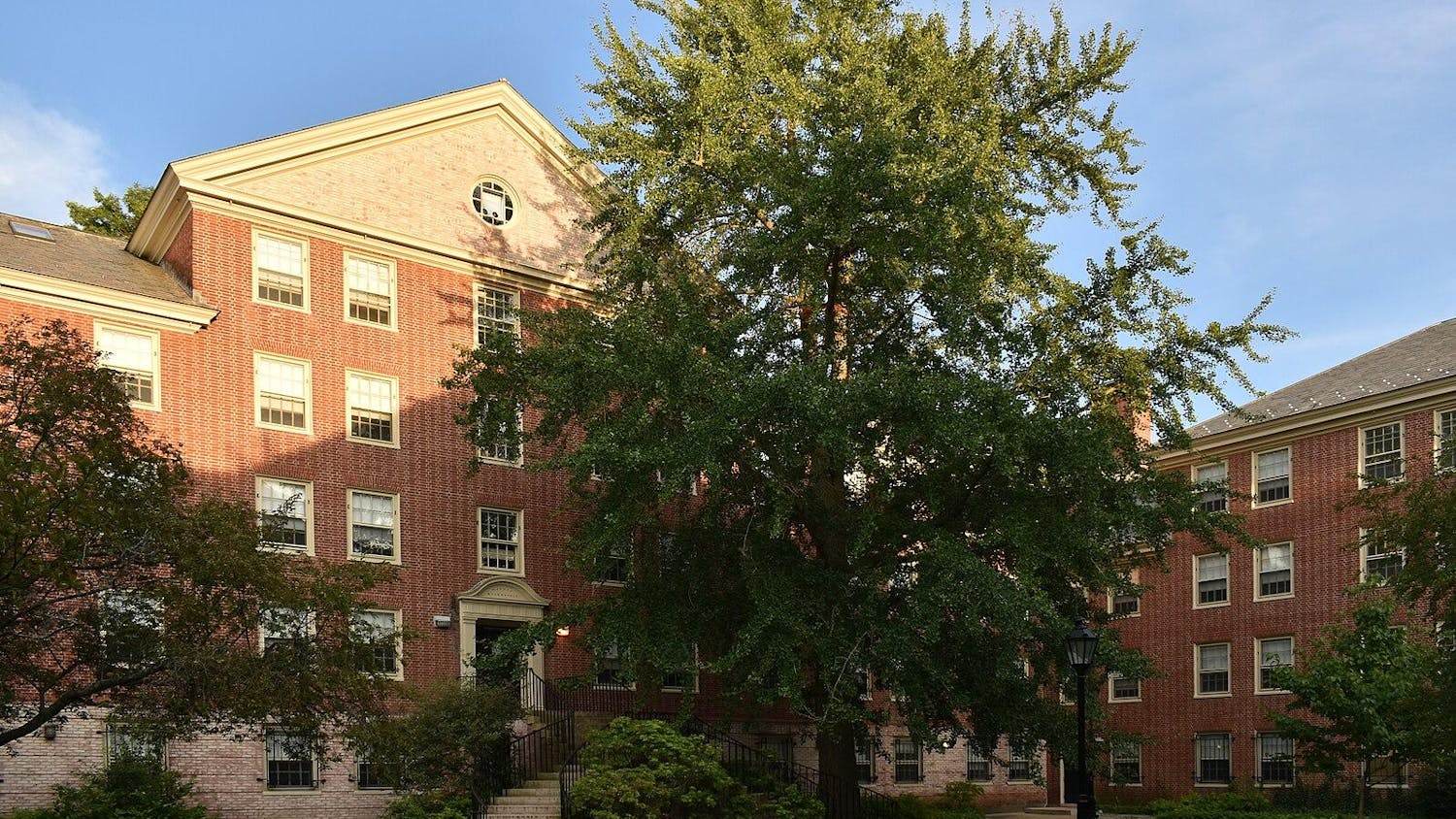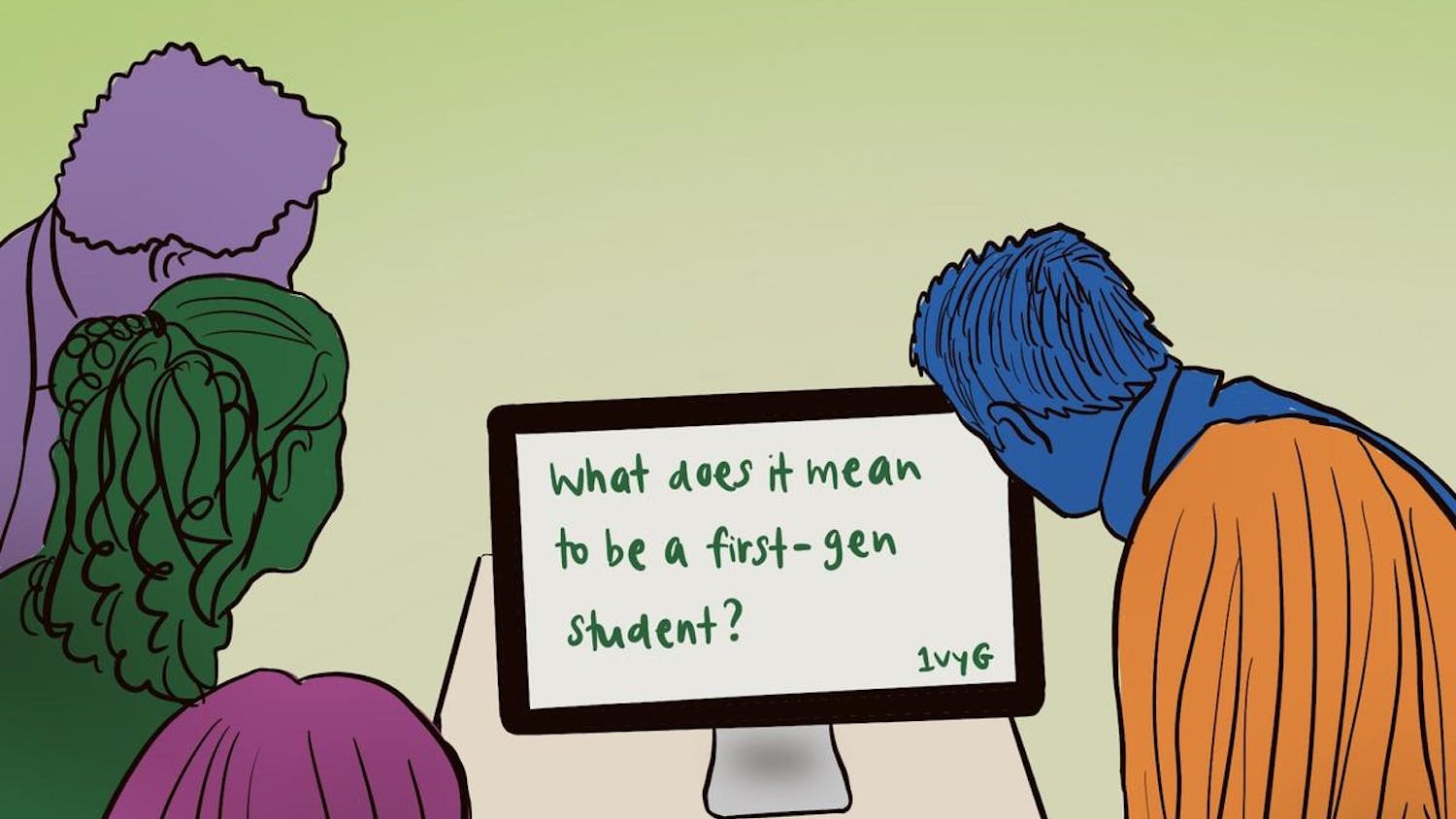Bonnie Honig, professor of modern culture and media and political science, delivered a Presidential Faculty Award Lecture on the ways literature can teach people about politics at the John Carter Brown Library Oct. 2. The award, which was established by President Christina Paxson P’19 in spring 2013, is given to faculty who are “conducting especially notable and innovative scholarship,” Paxson said.
“Recipients of the award are invited to give the Presidential Faculty Lecture to provide an opportunity for faculty members to learn about the work of their colleagues from other disciplines,” according to the website of the Office of the President. In addition, recipients receive a research stipend of $5,000.
Honig was informed that she was chosen to give the lecture in fall 2016 and was “totally surprised,” Honig said.
In her lecture, Honig used Moby-Dick to critique Thomas Hobbes’ Leviathan, analyzing both works and the messages that can be extracted from them.
“Why does Hobbes’ animalize sovereignty in Leviathan, and second, how is Melville’s novel a response to that move?” Honig said.
Honig discussed how Herman Melville uses Moby-Dick to respond to and critique Hobbes’ beliefs of absolutism and a centralized source of political power and how such beliefs can be dangerous for the common good.
The topic for the lecture “grew out of a class that I taught on Melville and (Alexis de) Tocqueville,” Honig said. “Some of the things I had seen in Moby-Dick … and Leviathan references … really made me think that maybe something else was there. Melville wasn’t really talking about Tocqueville … but Melville was talking about Hobbes, so I decided that it was worth some time and attention.”
The interest in the topic ran across departments. One of the attendees was Elizabeth Brainerd, professor of biology, who heard about the lecture from Morning Mail. “I have read Moby-Dick many times, and I was curious about how it related to Leviathan,” she said, adding that she was also curious about the political aspect of the lecture. “How do we recover a civil society?” Brainerd asked.
Isabella Catten ’20 was encouraged to attend the lecture by her professor. “I was really intrigued by the political reading of it,” she said. “Translating this into a political context made it … timelessly relevant.”
Correction: A previous version of this article quoted Isabella Catten '20 saying that translating "Moby-Dick" into a political context made it "timelessly different." In fact, she said it made it "timelessly relevant." The Herald regrets the error.




